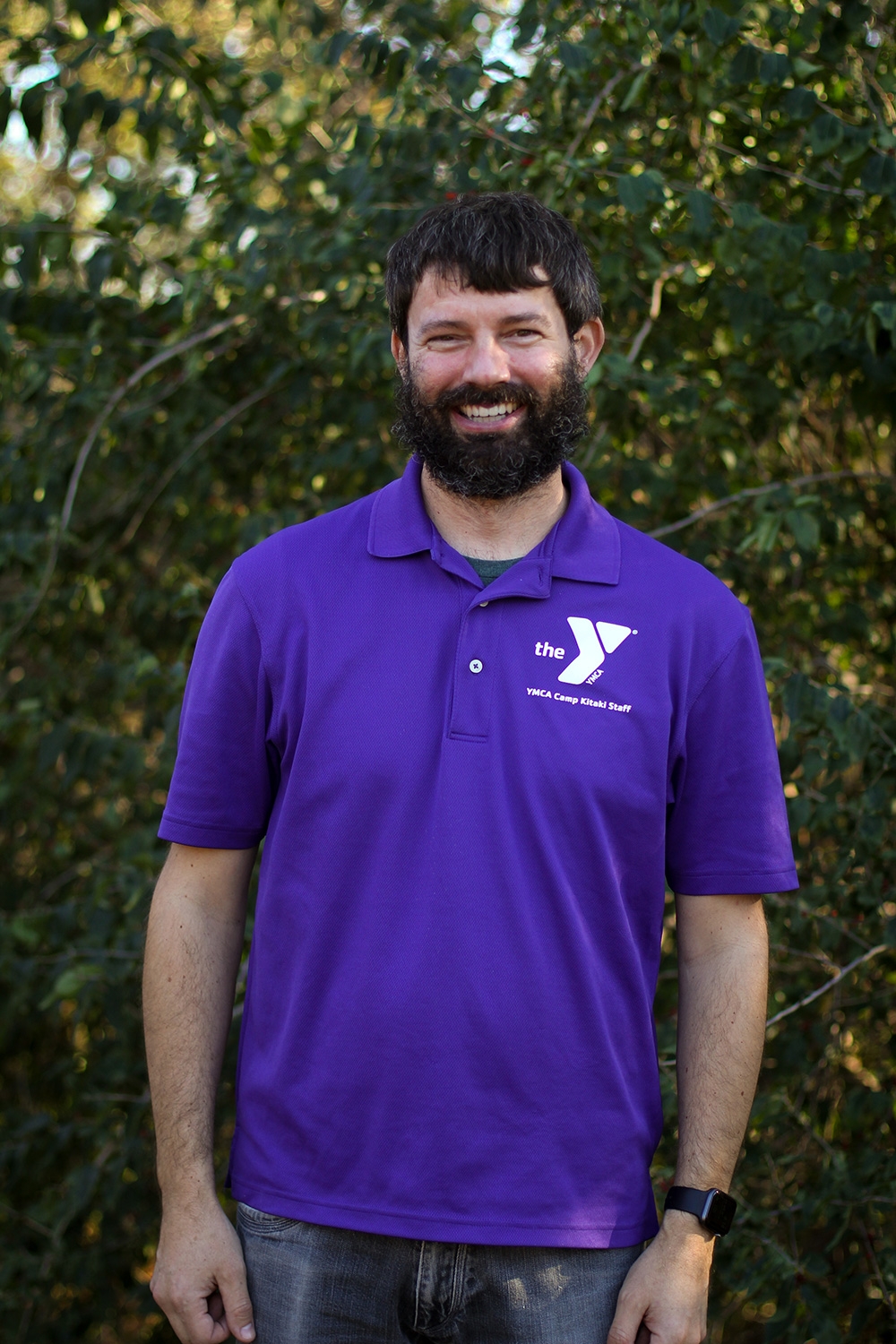I have been at Kitaki in one way or another for 29 years. Last year I experienced something I had never experienced before, the hatching of the Brood IV Periodical Cicadas. 17 years ago was the last time these particular insects where seen at Kitaki and I came out to camp too late in the year. They had already come and gone. During last year’s staff training we had three members of the 1997 summer staff join us to share their camp experience, and they warned us about the cicadas. Despite this I don’t know if I was fully ready. Last year I experienced the cicadas in all their noisy glory. While it is nice to be able to say that the cicadas (at least the periodical ones) won’t be here this summer, I did learn a lot from these little bugs, and was surprised to find how much they parallel camp.
First off I should share a little information about these creatures. The periodical cicada begins life hatching from an egg attached in the bark of a tree and drops to the ground, where they burrow deep into the earth and live feeding on the juices from plant roots. After 17 years of this, the nymphs emerge synchronously and in tremendous numbers on warm June evenings and climb to a high place where they molt and shed a shell before spreading their new wings and beginning a new phase as a flying insect. After their transformation they spent a week or two as an adult before they lay eggs in a tree to begin the 17 year cycle again.
So what do these bugs have to do with Camp? The first thing that is easy to notice about cicadas is the noise. As the morning would start to progress, sometimes only 10 minutes would separate you from the peaceful quiet of an oak forest and the deafening noise of their call. At their peak, the clouds of cicadas singing their songs would make it impossible to have a normal conversation without shouting. Often when I take guests around camp one of the first things they notice is how quiet it is. At any moment during a camp day you are surrounded by the quiet calm of a sun dappled forest and you can almost convince yourself there isn’t a soul for miles. Until suddenly, and from out of nowhere, kids emerge from their activities synchronously and in tremendous numbers. Oh and kids make some noise too.
The life cycle of a cicada is strange and alien. What kind of creature lives under the safe protection of something for 17 years before heading out into a different and new world as an adult? Well as it turns out, us. We all spend about 17 years under the protection of being a child before emerging “above ground” to spread our wings as adults. 17 is the last age that we serve at Kitaki for our youth programs and the point where our campers too must break from camp and go forth into the world as an adult. What could be a better metaphor for camp then when a cicada literally breaks out of its shell to spread its wings and fly? We see those moments daily at Kitaki, when a kid finally gets her swim band, steps off the zip line, or musters the courage to walk on stage to perform at campfire. Just like the cicada that leaves its shell behind, camper’s leave a bit of themselves with us here at camp.
Then they were gone. If you attended camp last summer in July you probably have no idea what I am talking about, just like I didn’t when I came out in July 17 years before. Just like the staff of 1997, the summer staff of 2016 decided to make a shirt commemorating our experience. It was then that we realized the final amazing tie in between these bugs and camp. The scientific name for these creatures? Magicicada Septendecim. Their name literally means magic bug 17. The place where the magic never ends is home to these magic bugs, and even though they won’t be seen for another 17 years (1 full “Camper Life Cycle”) they are a part of Kitaki and the magic that exists here, just like everyone who has passed through the gates. Many of us may not experience the cicada brood hatching at Kitaki in 2032, but one thing is for sure, it will be a magical and impactful experience. Just like Camp.
Jason Smith
Executive Director
YMCA Camp Kitaki
